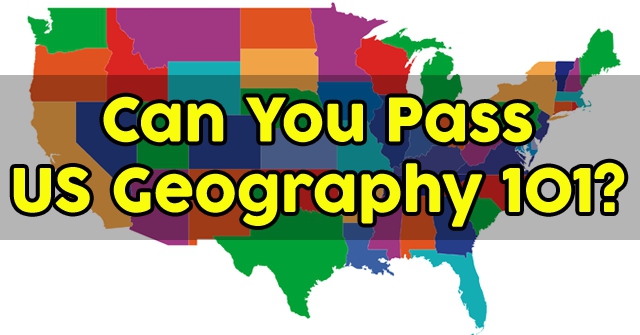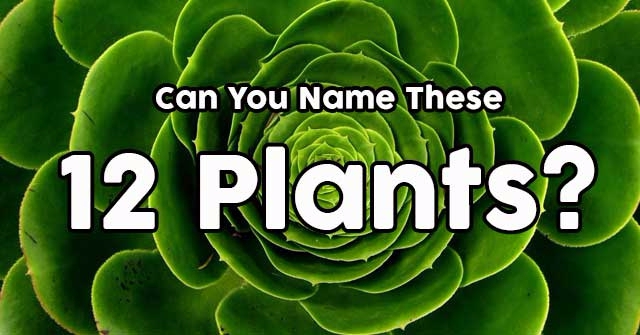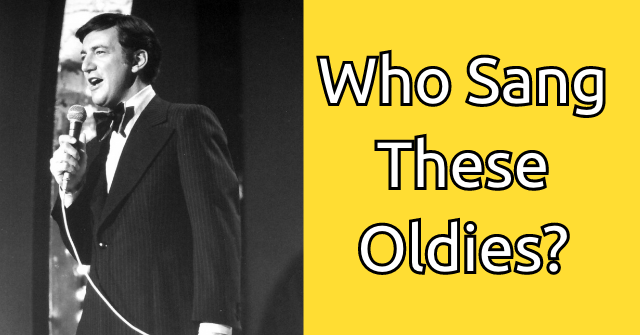There's more to the US election than smear ads and debates. It all comes down to that one fateful day in November. How much do you know about the American election process? Let's find out!
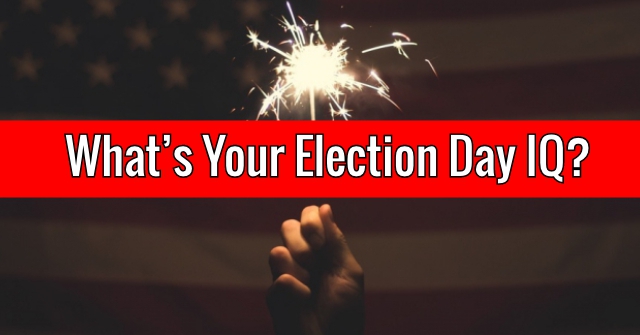
Question 1/12
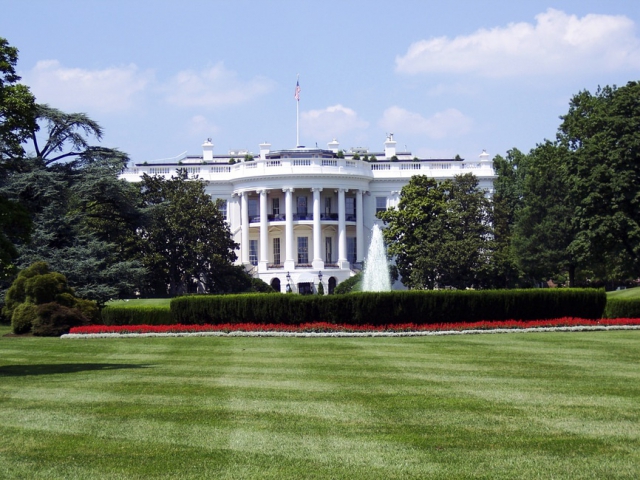
pexels.com
In the United States, what determines the winner of a presidential election?
The popular vote
The electoral vote
The debates
Question 2/12

pexels.com
The Electoral College allows each state to have how many electors?
Just one
The number equal to the amount of a state's U.S. senators and U.S. representatives
One for each member of the population
Question 3/12
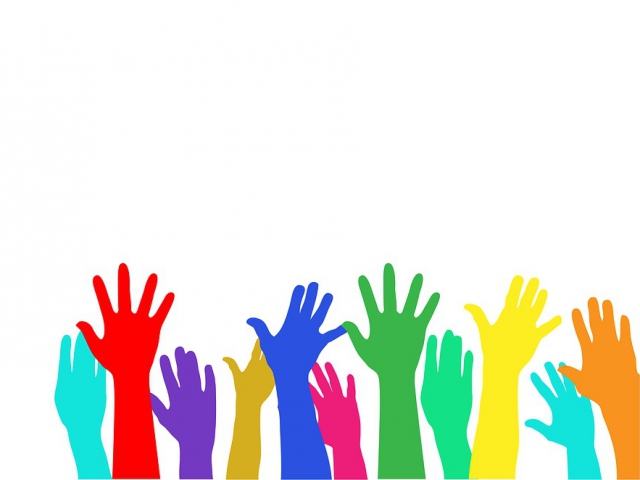
pixabay.com
When do Americans officially find out the winner of the presidential election?
The Tuesday following the first Monday in November
November 18th
January 6th
Question 4/12
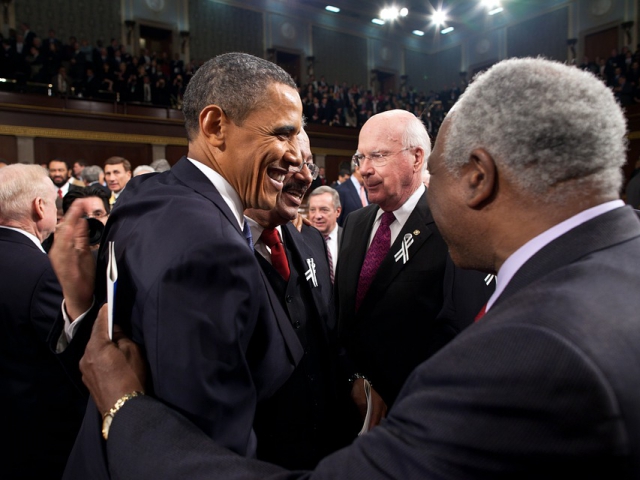
pixabay.com
If no candidate wins a majority of electoral votes, how is the election decided?
By the senate
By the house
There is a re-vote
Question 5/12
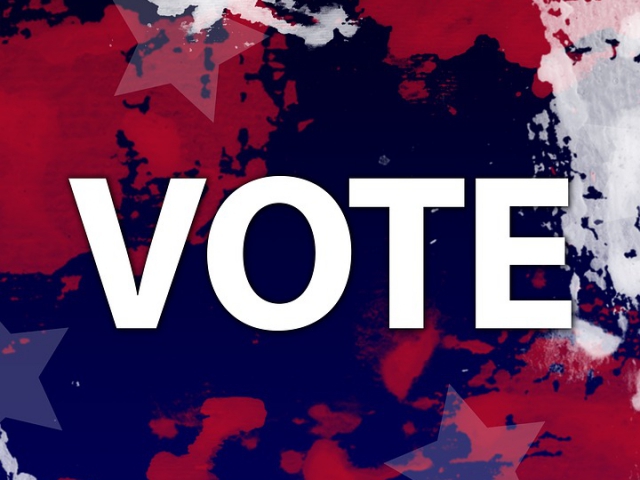
pixabay.com
How many of the electoral votes must a candidate receive in order to win?
260
270
280
Question 6/12
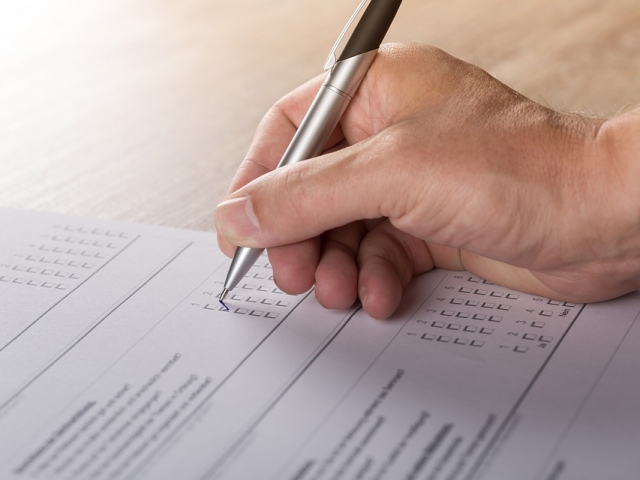
pixabay.com
What's the name of the election that determines which candidate makes it into the general election?
Primary election
Puntative election
Practice election
Question 7/12

pixabay.com
What kind of primary allows voters to cast a ballot for either party?
Closed primary
Open primary
Free primary
Question 8/12
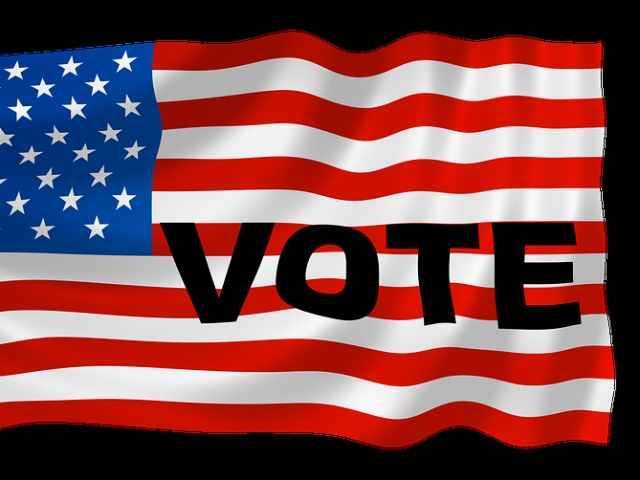
pixabay.com
States where no candidate has overwhelming support and the popular vote is up for grabs are known as what?
Swing states
Red states
Undecided states
Question 9/12

pixabay.com
In 2006, how many registered voters were there in the United States?
170 million
200 million
220 million
Question 10/12
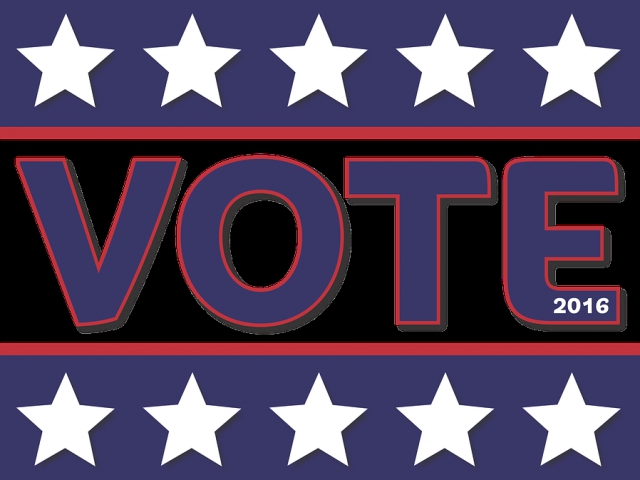
pixabay.com
True or false: The United States is ranked 139th out of 172 countries in voter participation.
True
False
Question 11/12
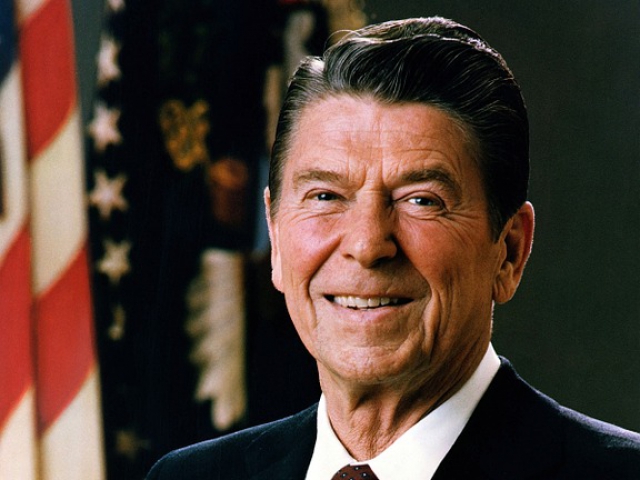
pixabay.com
Who was the oldest presidential candidate to ever be elected?
George H.W. Bush
Ronald Reagan
Gerald Ford
Question 12/12
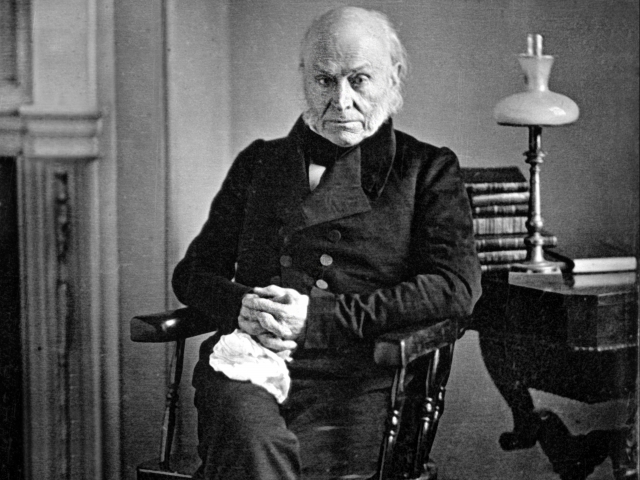
wikimedia.org
True or false: John Quincy Adams is the only president to have lost both the popular vote and electoral vote and still become president.
True
False
Your election day IQ sadly isn’t as high as it should be! Fret not, the average American earned similar scores. Unfortunately, the election is often a bit misunderstood in this country. That’s why voter turnout can be very low some election seasons. What matters is that you learned something new simply by taking this quiz. Well done!
C+, IQ Of 70
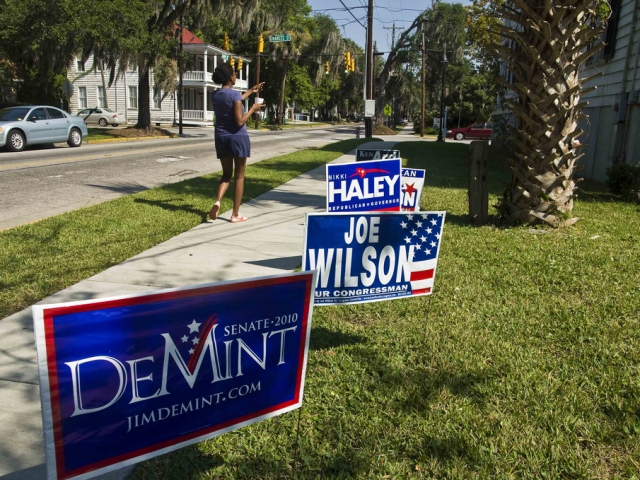
staticflickr.com
Right!
Your election day IQ is 100! While you might not be a genius about the election just yet, you definitely possess a strong foundational knowledge on the American voting process and how votes are counted. In any election, it’s the facts that truly matter.
IQ Of 100
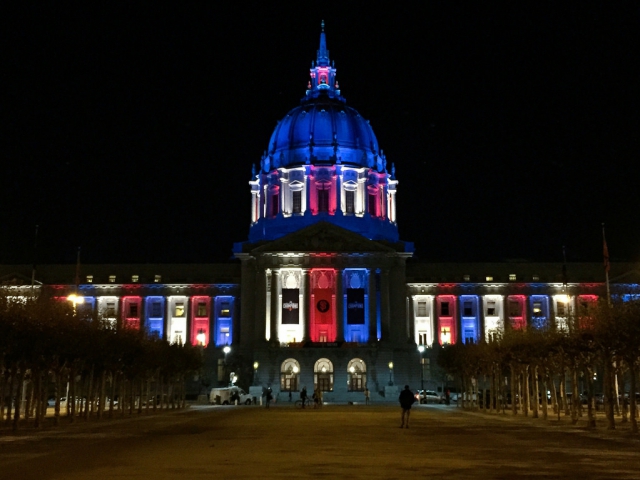
staticflickr.com
Right!
You earned an IQ of genius on this election day quiz! You’re fulfilling your civic duty by knowing the American election system inside and out. From the way voting works to why it’s done on a Tuesday in November, you understand your government well.
A+, Genius IQ
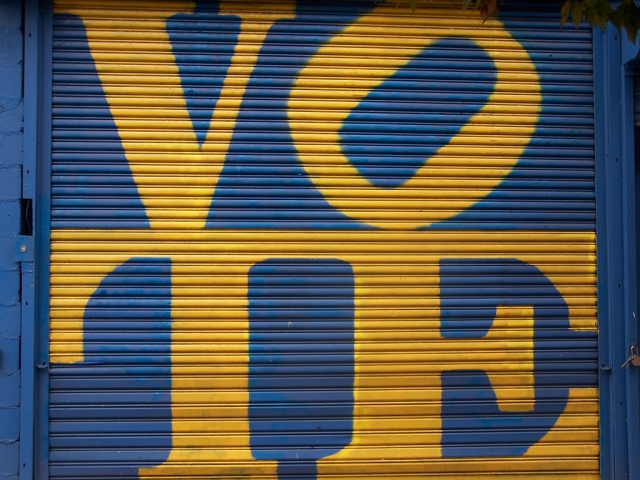
staticflickr.com
Right!
1

In the United States, what determines the winner of a presidential election?
The popular vote
The electoral vote
The debates
2

The Electoral College allows each state to have how many electors?
Just one
The number equal to the amount of a state's U.S. senators and U.S. representatives
One for each member of the population
3

When do Americans officially find out the winner of the presidential election?
The Tuesday following the first Monday in November
November 18th
January 6th
4

If no candidate wins a majority of electoral votes, how is the election decided?
By the senate
By the house
There is a re-vote
5

How many of the electoral votes must a candidate receive in order to win?
260
270
280
6

What's the name of the election that determines which candidate makes it into the general election?
Primary election
Puntative election
Practice election
7

What kind of primary allows voters to cast a ballot for either party?
Closed primary
Open primary
Free primary
8

States where no candidate has overwhelming support and the popular vote is up for grabs are known as what?
Swing states
Red states
Undecided states
9

In 2006, how many registered voters were there in the United States?
170 million
200 million
220 million
10

True or false: The United States is ranked 139th out of 172 countries in voter participation.
True
False
11

Who was the oldest presidential candidate to ever be elected?
George H.W. Bush
Ronald Reagan
Gerald Ford
12

True or false: John Quincy Adams is the only president to have lost both the popular vote and electoral vote and still become president.
True
False


